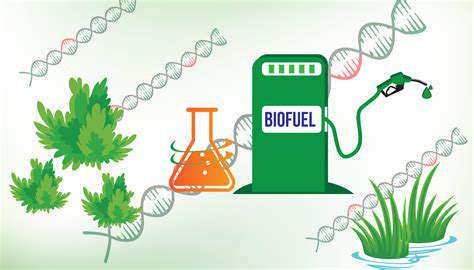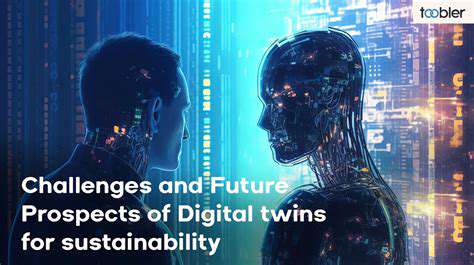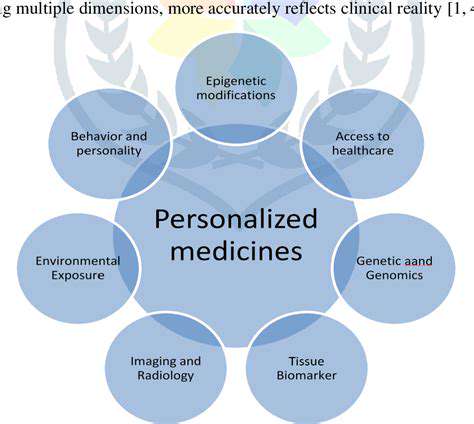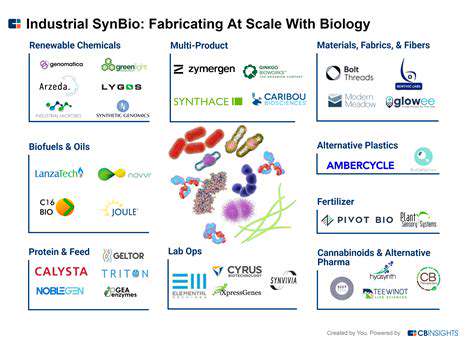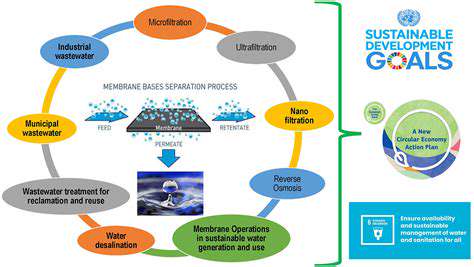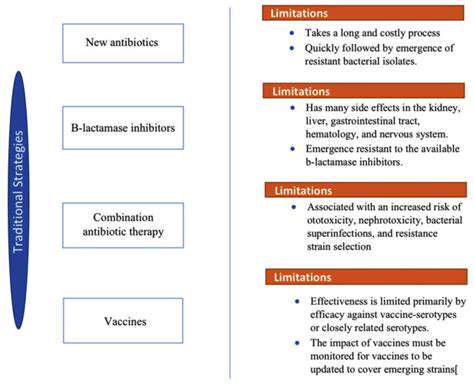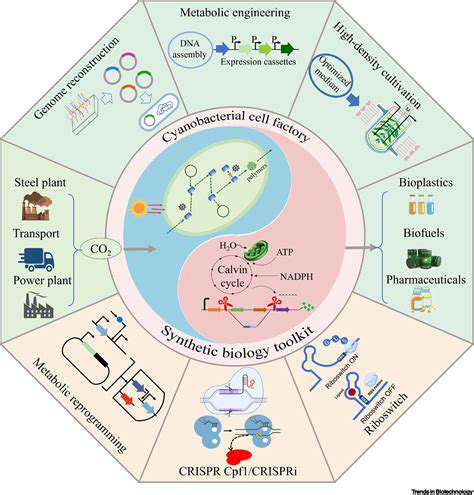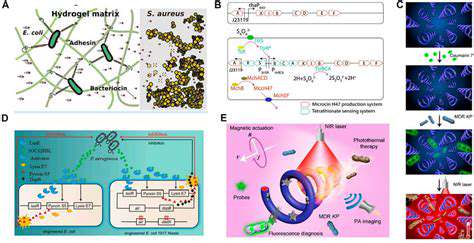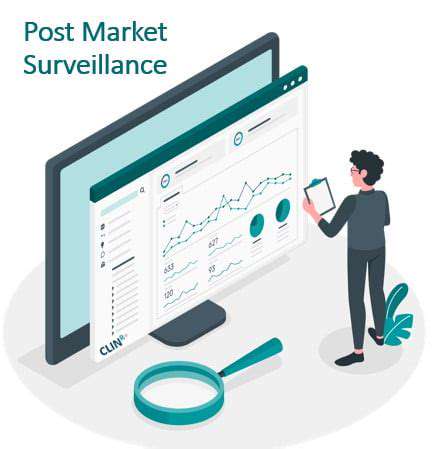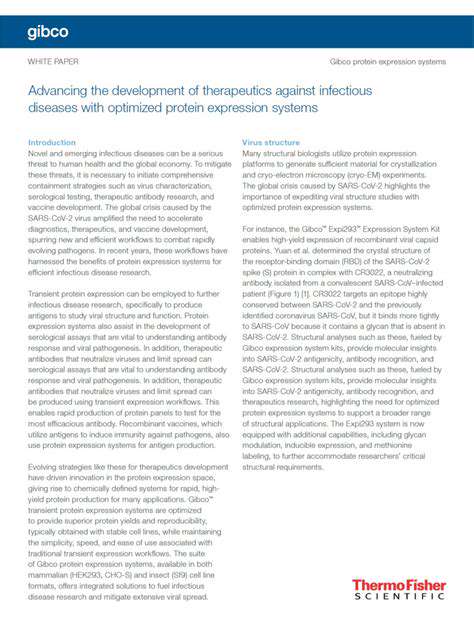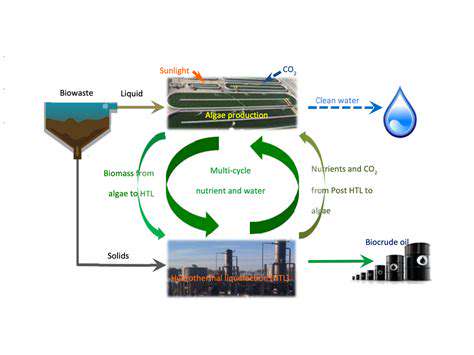
Harnessing the Power of Algae
In the search for sustainable energy solutions, microscopic photosynthetic organisms called algae have emerged as a game-changing candidate for biofuel generation. Unlike conventional crops, these fast-growing organisms pack a high concentration of valuable lipids while demanding minimal land and water resources. What makes algae truly revolutionary is their ability to thrive in wastewater and nutrient-rich environments, transforming pollution into potential while conserving freshwater supplies.
Researchers worldwide are exploring how these simple organisms could help solve complex energy challenges. Their unique biology allows them to flourish where other plants struggle, turning marginal lands and contaminated waters into productive energy farms. This adaptability positions algae as a frontrunner in the race to develop eco-friendly fuel alternatives.
Cultivation Techniques and Processes
The art of growing algae involves balancing cost, efficiency, and environmental impact. Traditional open ponds offer affordability but face challenges like contamination risks and substantial land requirements. Modern enclosed photobioreactors, though more expensive, create controlled environments that maximize yield and purity. Successful operations often combine multiple approaches, matching specific algae strains with optimal growth conditions.
Innovative farmers are experimenting with hybrid systems that leverage natural sunlight while maintaining critical environmental controls. The choice between different cultivation methods ultimately depends on local conditions, available infrastructure, and production goals. What works for a small research facility may not scale effectively for industrial production.
Algae Lipid Extraction and Conversion
Turning algae into usable fuel requires careful processing. Engineers have developed several techniques to extract the precious lipids, from mechanical pressing to sophisticated chemical and supercritical methods. Each approach affects both the quantity and quality of the final product, with significant implications for commercial viability.
After extraction, the real transformation begins through processes like transesterification. This chemical alchemy converts simple lipids into powerful biodiesel capable of powering vehicles with a much smaller carbon footprint. Ongoing refinements in conversion technology continue to improve efficiency and reduce costs, bringing algae biofuels closer to mainstream adoption.
Economic Viability and Environmental Impact
While the environmental benefits of algae fuels are clear, the economic equation remains challenging. Current production costs still exceed those of petroleum-based alternatives, though technological advancements are steadily closing this gap. The most promising operations combine multiple revenue streams, from fuel production to byproduct utilization.
From an ecological perspective, algae cultivation offers remarkable advantages. These tiny plants actively remove carbon dioxide while producing oxygen, effectively serving as miniature carbon capture systems. When compared to traditional agriculture-based biofuels, algae require far less land and can even help clean polluted waters. However, careful monitoring remains essential to ensure sustainable water use and prevent unintended ecosystem impacts.
Sustainable Feedstock from Agricultural Residues and Waste Streams
Exploring Agricultural Residues for Biofuel Production
Farm fields generate mountains of leftover plant material after harvest - straw, stalks, and woody debris that often go to waste. These agricultural byproducts contain energy-rich compounds that can be transformed into valuable biofuels through biochemical processes. This approach solves two problems simultaneously: reducing farm waste while creating renewable energy.
The potential extends beyond environmental benefits. Rural communities could develop new industries around converting farm waste into fuel, creating jobs while reducing dependence on fossil fuels. The key lies in perfecting conversion technologies to make the process efficient enough for widespread adoption.
Utilizing Waste Streams for Bio-based Products
Our industrial society generates countless waste streams rich in organic materials - from food processing plants to manufacturing facilities. Rather than treating these as disposal problems, innovative companies are developing ways to transform them into bioplastics, specialty chemicals, and other sustainable materials.
The circular economy concept comes to life when we view waste as feedstock. Food scraps become packaging materials, industrial byproducts turn into construction supplies, and agricultural waste transforms into clean energy. This paradigm shift requires ongoing research into efficient conversion methods and new applications for bio-based materials.
Emerging biotechnology plays a crucial role in unlocking the hidden value in waste materials. Scientists are developing specialized enzymes and microbial cultures that can break down complex organic matter more effectively. As these technologies mature, they'll make waste-to-product conversion more economically attractive for businesses of all sizes.
The financial potential is significant - companies that master waste conversion technologies may discover entirely new revenue streams while reducing disposal costs. This dual benefit makes waste valorization an attractive proposition for forward-thinking businesses across multiple industries.
